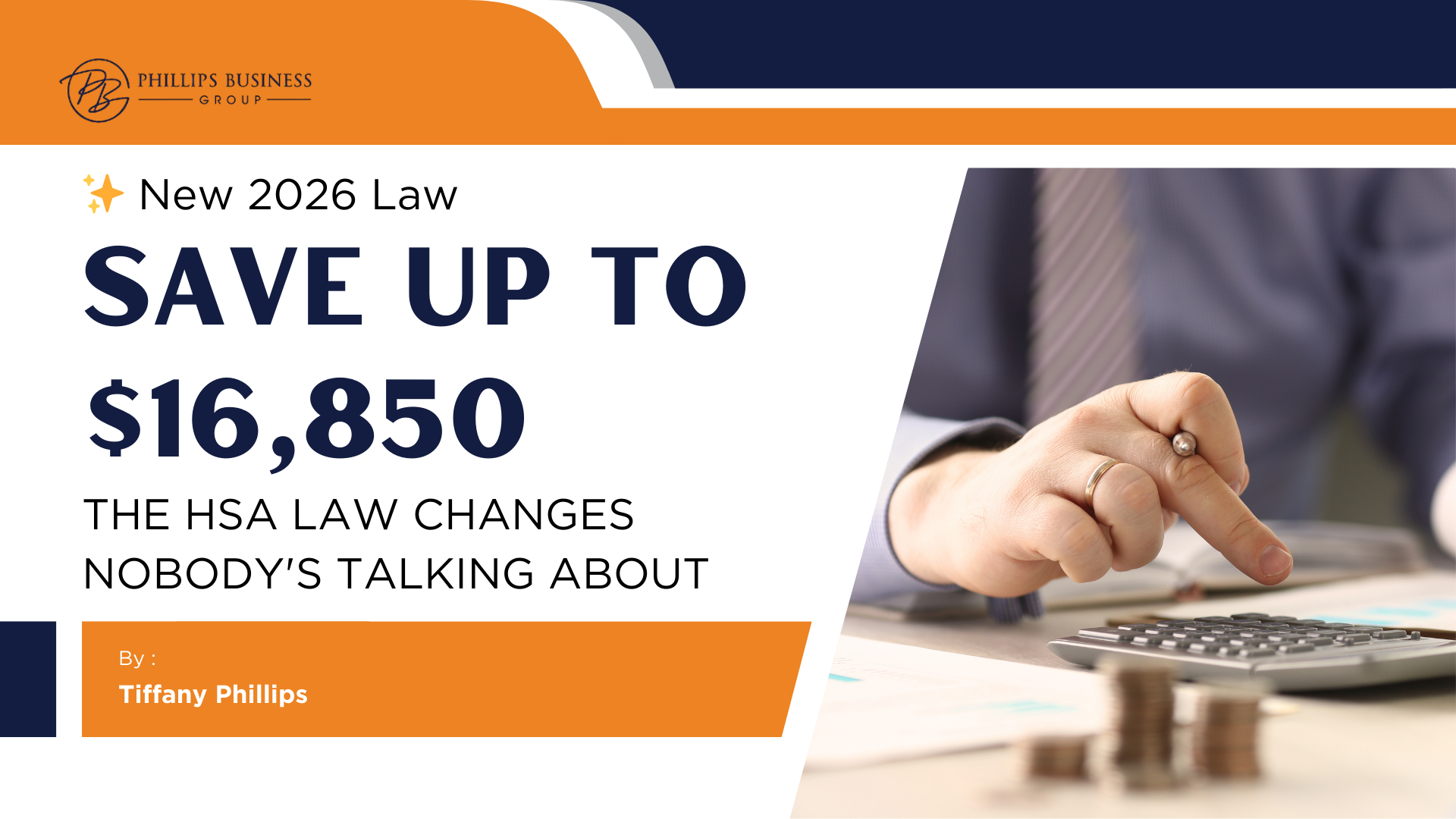Starting a business is often portrayed as an exhilarating journey filled with fast growth and financial freedom. But the reality? It’s tough. It requires resilience, strategy, and most importantly—financial awareness.
I recently had the pleasure of interviewing Dr. Annie Cole, a financial coach and the founder of Money Essentials for Women. In just under a year, she built a thriving financial resource center, helping women take charge of their finances. Her journey from a corporate VP to a successful entrepreneur was inspiring, and she shared key financial lessons that can benefit any business owner—whether you’re just starting out or looking to scale.
Lesson #1: Understand Your Time ROI
Your time is one of your most valuable assets. Annie emphasized the importance of calculating the return on investment (ROI) for every hour you spend on different revenue-generating activities.
For example, if you sell an online course for $2,000 and spend 10 hours a week marketing it, your hourly rate from that effort might be $250. Compare that with selling a book for $25, which might require little to no marketing but results in a much smaller profit margin. The key is to balance your efforts and focus on activities that yield the best returns.
Lesson #2: Track Your Income & Expenses From Day One
Financial clarity starts with organization. Annie suggests keeping two key financial documents:
- Income Tracker – List all your revenue streams and estimate potential earnings each month.
- Expense Tracker – Track every expense, from software subscriptions to marketing costs, to understand your true profit margins.
Having these in place ensures you can make data-driven decisions and adjust your strategy based on what’s working.
Lesson #3: Don’t Overspend in the Beginning
A common mistake among new entrepreneurs is spending too much on branding, ads, and fancy software before validating their offer. Annie’s advice? Use free resources. Leverage organic marketing strategies before diving into paid campaigns. Test different offers and only invest heavily when you see traction.
Lesson #4: Choose the Right Business Structure
From an accounting and tax standpoint, structuring your business properly is crucial. Many entrepreneurs start as sole proprietors, but transitioning to an LLC or S-Corp can provide significant tax advantages and liability protection. If you’re unsure which one is right for you, consulting a CPA is a smart move.
Lesson #5: Stay Open to Change & Feedback
One of the biggest eye-openers for Annie was realizing that not everything she launched would be a hit. She had a program that initially attracted clients, but over time, she realized it was too broad and didn’t serve her audience as effectively as she had hoped. Instead of clinging to a failing offer, she pivoted and focused on what worked best.
This lesson is critical: Listen to your audience. Adapt based on their feedback. Business success is rarely a straight path—it’s about evolving and refining your approach.
Final Thoughts: Success Takes Time
The entrepreneurial journey is unpredictable. Some businesses take off quickly, while others take months or years to gain traction. There’s no “normal” timeline for success. Annie’s story is proof that when you build financial security alongside your business, you can take calculated risks and grow sustainably.
If you’re an entrepreneur or thinking about starting your own business, take these lessons to heart. Build your financial foundation, track your numbers, and be strategic with your time. Success doesn’t happen overnight, but with the right mindset and financial approach, it is possible.
Is Your CPA Saving You Money?
Tired of Writing Massive Checks to the IRS? Take Back Control of Your Wealth Today – click here!
Want more insights like this? Subscribe to our podcast and never miss an episode!
To hear my most recent podcast on Spotify – click here!
To hear my most recent podcast on ApplePodCast– click here!





